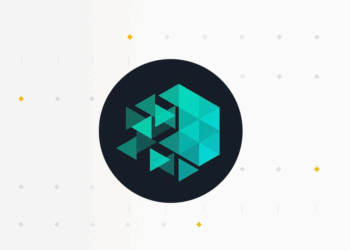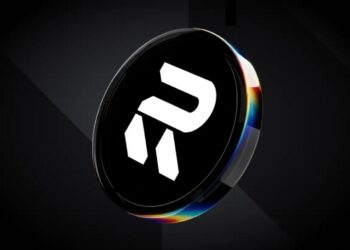The Reserve Bank of New Zealand (RBNZ) has released the findings from its public consultation on the potential introduction of a central bank digital currency (CBDC), or “digital cash,” as it chooses to call it.
The results were based on 500 submissions and 18,000 survey responses, and it revealed limited public interest, with over 70% of respondents deeming a CBDC unimportant.
Only 16% supported the RBNZ’s rationale for a CBDC, which aims to provide digital access to central bank money and foster innovation in New Zealand’s digital economy. However, many participants raised concerns about security, privacy, and the necessity of a CBDC. Notably, 90% voiced fears about government control, citing potential risks of financial surveillance and reduced autonomy.
Additionally, most respondents were indifferent to features like automated payments and real-time balance tracking, with 65% expressing no interest. Many questioned the need for a CBDC, suggesting stablecoins or cryptocurrencies like Bitcoin as alternatives due to their decentralized nature and fixed supply. However, RBNZ Governor Adrian Orr firmly disagreed, arguing that stablecoins are inherently unstable and not a suitable replacement for traditional currency.
“These issues will form the backbone of our end-user strategy […] We intend to look at a wide range of instruments to protect privacy and autonomy, such as legislative, cultural, or technological means,”
the bank stated.
The RBNZ’s consultation was launched in April 2024 and closed on July 25. It asked New Zealanders to express their opinions on proposals to explore the potential coexistence of digital and physical cash. It proposed offline capabilities for digital cash, accessible through digital wallets, payment cards, and mobile apps.
At the time, RBNZ Director Ian Woolford assured the public that the central bank
“will not control or see how you spend your money.”
This report comes amidst a series of moves by the New Zealand government to regulate the country’s crypto industry. Revenue Minister Simon Watts recently proposed that the country adopt the OECD’s Crypto-Asset Report Framework (CARF). This move, aimed at aligning the country with global reporting standards, would mandate detailed transaction reporting by crypto service providers in New Zealand.
If you want to read more news articles like this, visit DeFi Planet and follow us on Twitter, LinkedIn, Facebook, Instagram, and CoinMarketCap Community.
“Take control of your crypto portfolio with MARKETS PRO, DeFi Planet’s suite of analytics tools.”





















